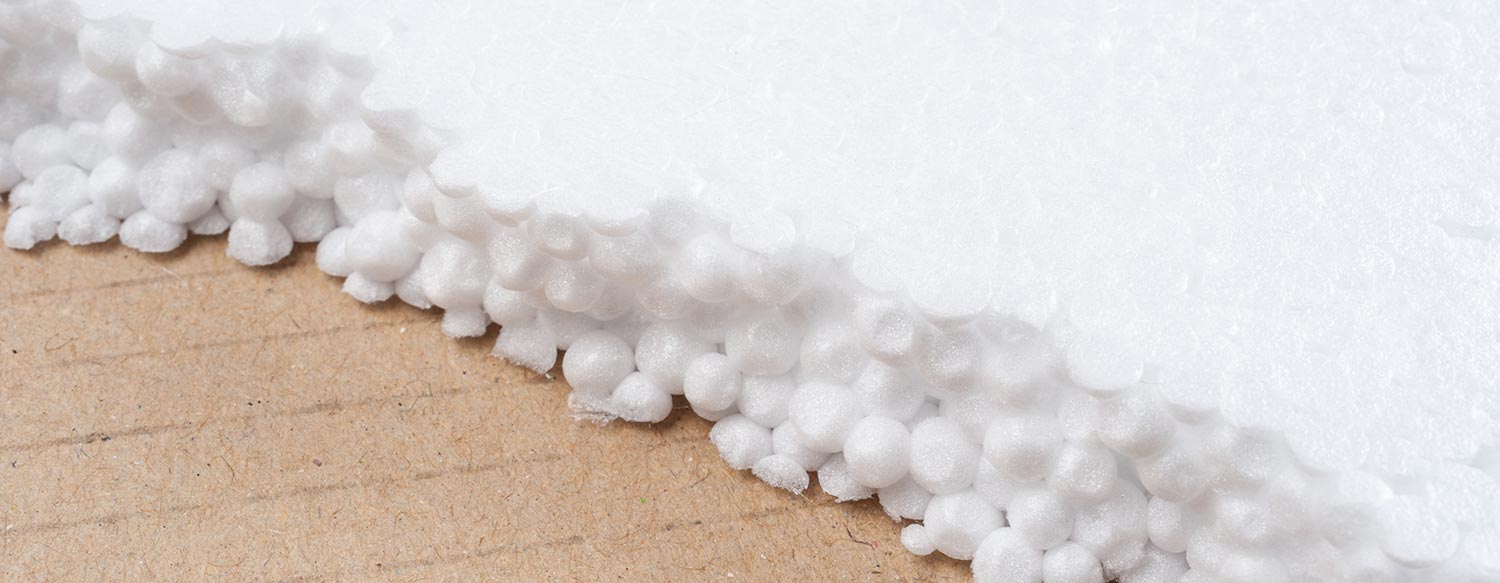
This summer, a number of cities in the United States have passed Expanded Polystyrene (EPS) packaging legislation aimed at reducing the environmental impacts of those products in foodservice. In this post, we will examine the bans passed this summer affecting polystyrene takeout containers and cups, while offering a number of alternatives for impacted customers.
Local governments are becoming increasingly concerned with polystyrene foam in food packaging (although many argue that the effects of polystyrene foam on the environment are often overstated.) For a side by side comparison of polystyrene foam versus paper, check out our blog post: Foam or Paper? An Unbiased Comparison.
Foam No More
Within the last several months, the following cities have passed legislation pertaining to the use of expanded polystyrene foam (EPS) foodservice products:
- Mendocino County, California: Beginning March 1, 2015, Retail Food Establishments and Food Providers will be prohibited from using polystyrene foam to hold food. All county facilities will also be prohibited from using this type of foodservice ware. Click here for the full ordinance.
- Portland, Maine: Starting April 15, 2015. This ban includes meat trays and egg cartons, but excludes foam trays used for seafood. There are no exemptions for restaurants. For more information, please click the link here (Tab 24).
- Washington, D.C.: This ban on polystyrene containers begins in 2016 and exempts meat trays. Click here for more information on the bill.
- Minneapolis, MN: Effective in April 2015, the ban prohibits EPS foam, as well as #6 polystyrene containers. At the same time, another ban will be lifted, allowing food sales facilities to have on-site composting bins. (See below for a news clip from Minnesota regarding the impending ban.)
Green Alternatives to Polystyrene
The goal of these bans is to encourage businesses to use food packaging material that is biodegradable, lessening the impact on the environment. Restaurants and foodservice facilities will be forced to be in compliance according to their municipalities, which means replacing the lower-cost foam items with approved alternatives such as paper or plastic products. Some greener alternatives to polystyrene products include:
- Darnel: Darnel Naturals Pulp Products is a line of 100% compostable pulp products with grease resistant properties, making it ideal for greener take-out. The line includes both clamshell containers and segmented trays.
- Genpak: Genpak’s Harvest line is dedicated exclusively to sustainable food packaging. The Harvest Fiber products are all Biodegradable Products Institute (BPI) certified compostable and are made from annually renewable resources. This line also includes clamshell containers for take-out meals.
- Fabrikal: Greenware by Fabrikal is a substitute for foam cups that are used for cold drinks. The cups are manufactured with PLA (a plant-based plastic) and are BPI certified compostable. They come in a variety of sizes, and include multiple lid options. Another Greenware product is the compostable On-The-Go Box, available with up to four compartments with one universal lid.
- Huhtamaki: Huhtamaki has a variety of sustainable products that can be conveniently found in their Sustainable Product Catalog. Their alternative to foam carry-out containers are the Chinet Hinged Containers made from natural fibers. There are also several lunch tray and beverage carrier options in the line.
- Innopak: Made of coated paperboard, the Innopak iBox Wave Containers are biodegradable in select facilities. They allow for proper ventilation and have high wet strength, and could serve to replace polystyrene clamshells for take-out or leftovers.
- International Paper: Ecotainers are paper cups and containers made by International Paper, and are BPI certified compostable.
- Primeware: For the bans that affect meat trays, Primeware’s mini-trays are BPI certified compostable and are also biodegradable.
- Southern Champion: Southern Champion’s Champware line contains products that are biodegradable, compostable, and recyclable. There is a variety of clamshell options to choose from to suit your customers’ needs.
You may also be interested in this: Environmental Sustainability: Green Supply Chain Management
Preparing Customers for the Changes
If you read through any of the legislative changes for the affected municipalities, it becomes clear just how unclear some of these bans can be, making it even more important for you to be ready with options for your customers. The Foodservice Packaging Institute (FPI) has a multitude of resources on the topic, including outside articles, independent research, and the latest news on who’s banning what, and where.
There is a lot of political upheaval surrounding the bans, with restaurant owners and environmentalists often on opposite sides of the fence on the issue- however, regardless of public or personal opinion, the affected municipalities will be required to either comply, or pay a fine.
Meanwhile, other municipalities such as Indianapolis are taking a different route, and are opening an EPS recycling facility. Polystyrene giant, Dart Container, already has several recycling facilities in place for their products, and even supply customers with special Recycla-Paks used to house their foam cups for recycling. (Read more about it here.)
As more and more consumers demand greener products, the need for better EPS recycling programs, or alternative products to EPS, will continue to expand. Stay informed with the latest information on these ordinances with both our Knowledge Warehouse and FPI.org, and we will help to keep you up to date on the latest changes so you can better guide your customers in the right direction based on their needs.
About Amy Ullsperger
For cutting-edge packaging, maintenance, and food service solutions, AFFLINK connects manufacturers and distributors with tech-driven market expertise.





